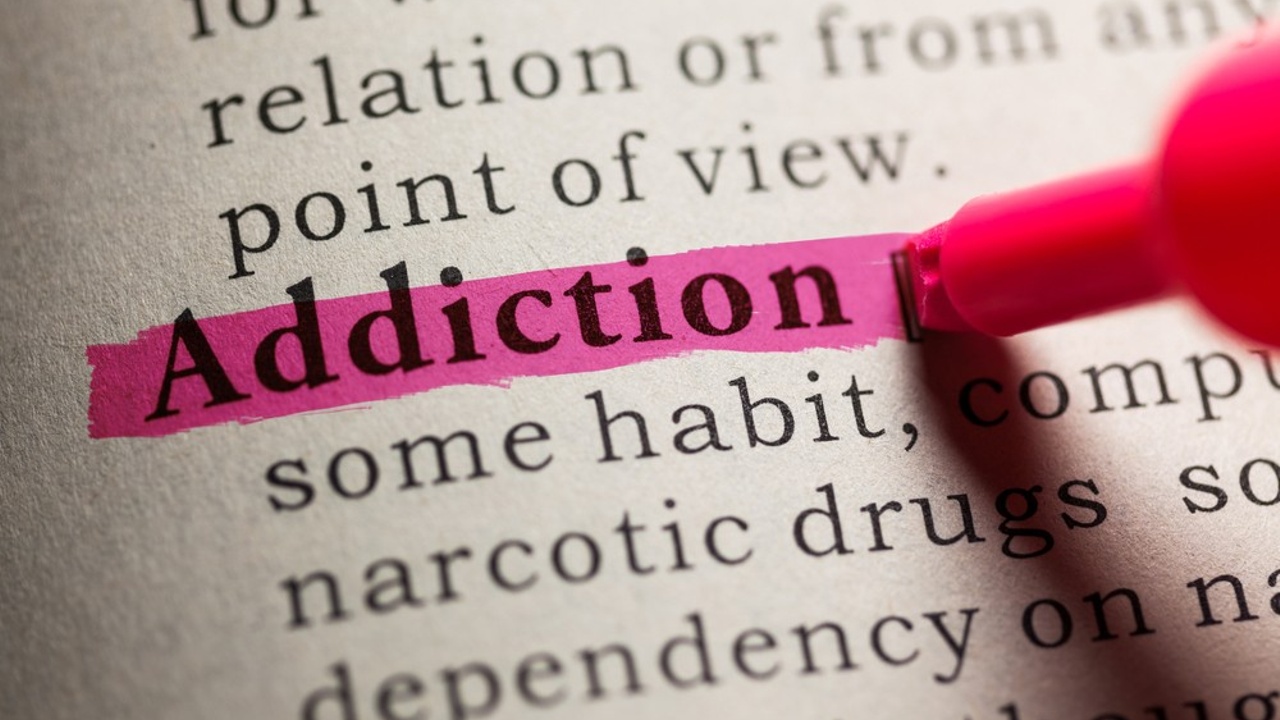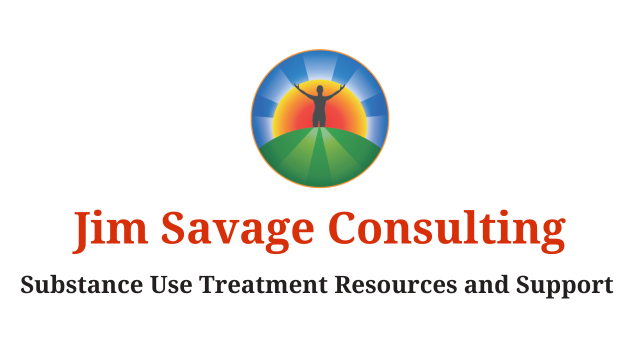
Last week I presented a webinar for The Greenhouse Holistic Healing CEU Series, a monthly training hosted by The Greenhouse, a leading substance use treatment facility here in Dallas, Texas.
And I took a risk.
I gave a talk I'd never given before. On a topic that I thought could be seen as sort of boring. Not too sexy. Perhaps a bit "passé." Not exactly the latest trauma informed, new-fangled modality for treating complex attachment disorder.
My presentation was called "Understanding Substance Use Disorder: What Does It Mean When We Say That Someone's Drug Or Alcohol Use Is A Problem?"
And it was for an audience that consisted primarily of mental health and social service professionals:
- Psychiatrists
- Psychologists
- Substance use professionals
- Probation officers
- Social workers
- Therapists
- Administrators
- Business Development Directors
Needless to say, I was feeling a little nervous that this was going to be a case of "preaching to the choir," and that there might not be a lot of interest in my topic.
But that's not what happened.
Within minutes of beginning, I started seeing comments in the chat box like:
"This is really important to hear"
"Such a good point!"
"That's a great explanation of [...... ]"
"This is a great presentation!"
The main purpose of my talk was to demonstrate the critical role that basic substance use education plays in treatment outcomes, and to spur some thought with regard to how well this is being implemented in treatment today—relative to the impact this has on treatment success.
I began the conversation by pointing out the difference between how substance use education is delivered by the providers versus how well it is internalized by treatment clients. To illustrate this point I gave an example of a client who, after numerous treatments and hundreds of thousands of dollars, was using alcohol within days of returning home from his most recent treatment episode. When confronted about his relapse, his response was, "I don't think I have a problem with alcohol."
Here's an example of the client not internalizing basic principles of substance use education. I know for a fact that this client had learned through his numerous treatment episodes that recovery includes abstinence from all mood-altering substances.*† And when I challenged him on that, he sheepishly admitted that yes, he did know that he wasn't supposed to be drinking. He was just pushing the envelope with his parents to see if they knew he shouldn't be drinking.

As a clinician who provides outpatient aftercare services for clients who have completed primary substance use disorder treatment, I hate to say it, but I see this kind of denial all the time. And the conclusion I've arrived at is this:
For many clients, some of the most important things they're learning in treatment go in one ear and out the other—because they don't think they're ever going to be asked about it again.
And this is what I mean by getting "back to basics." Like, how about before the client leaves treatment we make sure that:
1. Does the client believe he or she has a problem?
2. If they do believe they have a problem, do they know what that means?
I went on to focus on the correlation between treatment success and the client's motivation to follow a recovery plan, pointing out that the key to client motivation is rooted in their understanding of the nature of their condition:
What does it mean to be diagnosed with Substance Use Disorder, and what are the implications for recovery?
I proceeded to give specific examples of how basic principles of substance use education can be used as motivational tools for relapse prevention. And despite my concern that this was going to be regarded as a washed up topic that everybody already knew about, the response I got indicated just the opposite.
I received numerous questions that all tended to fall in the same category of "How do I respond to [such and such situation]?" And all my responses went straight back to the client's internalization of their basic substance use education. For example:
A social worker asked if it was OK for her client to be continuing to associate with drug users. I pointed out that the client would have learned about the importance of reducing exposure to relapse triggers due to the potential for "loss of control," an identified characteristic of Substance Use Disorder. Continuing to associate with drug users would be contra-indicated and is a standard element of most relapse prevention plans. The client's motivation to comply with this part of the recovery plan is contingent on the client's understanding (internalization) of this aspect of their condition.

Perhaps the most significant affirmation for the importance of this material was the fact that when time was up, the attendees didn't want to leave! The majority of the audience stayed on for a full extra half-hour, engaged in discussion and asking questions that demonstrated their desire for learning more in this area.
Another takeaway from this presentation was recognizing the importance of educating those who provide adjunctive support to substance use treatment clients: Social workers, probation officers, school counselors, MDs, vocational counselors, and many more. My specialty happens to be working with the families of treatment clients. And my main premise is that teaching families what the clients are learning in treatment results in greater treatment accountability, and ultimately improved treatment outcomes.
However, as I listened to the questions I received during this talk, I realized that the adjunctive service providers in a sense fall in the same category as families with regard to my premise about treatment accountability. Having a thorough understanding of what clients are learning in treatment—in other words, basic substance use education—is the solution to many of the situations many mental health and social service providers find themselves in as evidenced by their questions.
Bottom line? Getting "back to basics" with regard to improving addiction awareness across the board—for treatment clients, families, as well as for professionals—holds significant implications for improving substance use treatment efforts.
____________________________________
* As part of my introduction to the presentation I addressed the debate over the "abstinence model" versus other schools of thought with regard to recovery and continued use of mood-altering substances. While my training is rooted in the disease/abstinence model, I acknowledged the importance of being evolutionary and open-minded with regard to how we approach treatment of substance use disorder. I also clarified that the purpose of my presentation was not to engage in this debate, and since my specific approach does support the abstinence model, it may not fit for some approaches. (I also raised the possible correlation between the problem of treatment clients being conflicted about recovery and the fact that our profession doesn't even agree on how it should be treated. Again, that's for a different discussion.)
† For an excellent opportunity to learn more about the current debate over MAT (medication-assisted treatment) versus abstinence in recovery be sure to check out this important important event on January 25, 2021 1-2:15pm (PST) . A panel discussion featuring leading experts in the addiction field. MAT VERSUS ABSTINENCE IN RECOVERY
"Understanding Substance Use Disorder" is an online course that spells out all the elements of basic substance use education referred to in this article. While it was initially developed it for families of treatment clients, it's an equally valuable resource for professionals who wish to increase their competency as supporters of substance use treatment clients. LEARN MORE
FREE eBOOK
Sobriety Doesn't Have To Suck!
A Guide To Finding Excitement, Renewal, And Spiritual Fulfillment In Recovery
Stay connected with news and updates!
Join our mailing list to receive news, resources, and updates.
Don't worry, your information will not be shared.
(We won't send spam. Unsubscribe at anytime.)

